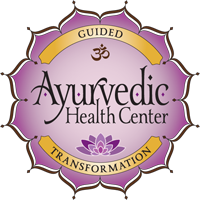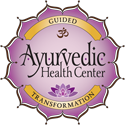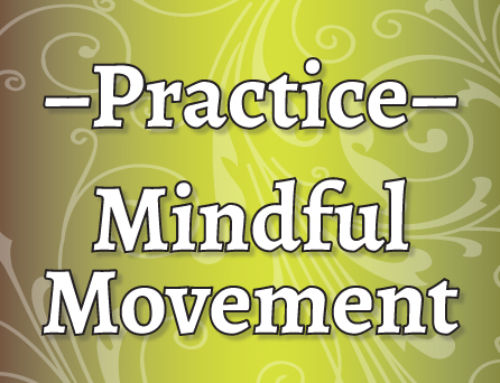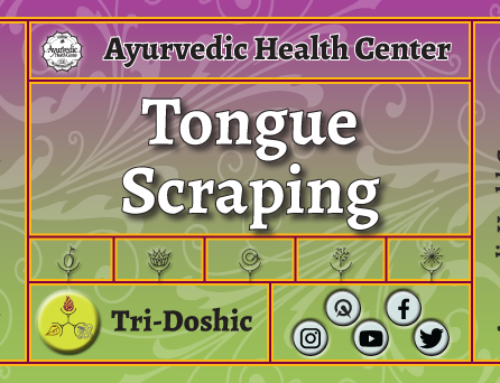How you eat your food is even more important than what you eat. In fact, Ayurveda understands that eating is one of the most sacred experiences we have. After all, when we eat our food, we are taking in the atoms and molecules that have been around in different forms since the beginning of time, and we are expecting them to become a part of us. If we eat our food properly, ie: with awareness and respect, the food joins well with our bodies. If we do not, the food digests difficulty and causes other digestive disturbances, such as gas, bloating, diarrhea, and constipation. The end result of poor digestion is ama (toxins formed from poor digestion), and this leads to disease. Thus, in Ayurveda, we try our best to approach the ordinary activity of eating with awareness and consciousness (perhaps even making eating a form of meditation).
The Five Main Guidelines
- Begin meals with acknowledging the food that is before you (or by simply taking 3-5 slow breaths with the eyes closed). This prepares the body to receive the food.
- Chew your food until it is an even consistency. This requires your attention to be on the food in your mouth. There is no magic number of times to chew food. Chewing properly improves digestion and absorption of the food.
- Eat at a moderate pace and until you are 75% full. Overeating is one of the major causes of disease in our society. When we eat too much, digestion becomes difficult. When we finish eating, we should not feel heavy, and we should not feel hungry. We want to feel satisfied.
- Eat in a calm environment where there is little distraction. It is best to avoid having the television or the radio on. Avoid excessive conversation and all conversation about emotionally intense issues. Avoid reading.
- Following your meal, allow your food to digest before immediately going on to the next activity. Ideally wait 15–20 minutes for food to digest. During this time engage in light conversation or read a light book. You can also go for a slow walk. If you are rushed, take at least 3-5 slow breaths to close the door on your meal.
Additional Tips
- It is best to drink only a little bit of liquid with meals. One-half cup of room-temperature water is average. Dry meals may require more. Moist meals such as soup require none at all.
- Take all water and drinks at room temperature or warm. Cold drinks dampen the digestive fire and decrease digestion.
- The body’s rhythms mirror those of nature, and digestion is strongest around noon when the sun is at its peak. Therefore, it is best to eat a larger meal around noon and have a lighter meal in the morning and the evening. If eating heavy proteins, such as meat, it is also best to eat those around noontime.
- Allow three hours between meals for food to digest fully. This allows most people 3 meals per day (or 3 meals plus 2 snacks). Those with a vata nature or imbalance should eat 4–5 times per day.
- Eat food prepared with love. The energy of the cook is always in the food. Avoid eating food prepared with resentment. We eat not only the food but also the emotions of the cook.





